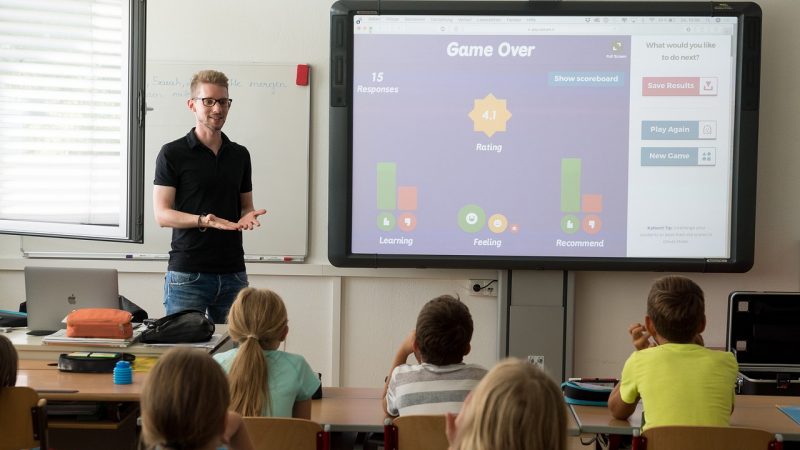Mastering English as a teen can open up a world of academic and professional opportunities. However, learning a second language can be challenging for young students who are still developing cognitively. Tailoring study methods to teen learning styles and needs is key to success. Here are some of the best strategies for teens to learn English effectively:
Speak Constantly
Oral practice is essential for building teens’ English fluency. Students should take every chance to speak English throughout the day – with friends, teachers, family, even to themselves. Regular conversation helps strengthen pronunciation and makes sentence structures second nature. Setting a goal like “speak only English on Wednesdays” creates motivation.
Listen to Music
Teens love music, so recommending English songs, podcasts and audio books kills two birds with one stone. Listening to spoken English daily, even passively, improves vocabulary and audio comprehension. Upbeat songs also make repeat practice of phrases fun. Adding captions helps see words as they listen.
Watch English Videos
From TikTok to Hollywood blockbusters, video content grabs teens’ attention. Students should watch English videos, shows and movies with subtitles to boost listening abilities and learn slang terms. Pausing to take notes and discussing content afterward ensures active learning.
Use Social Media
Letting teens engage on social media in English creates low-pressure practice. Students can post status updates, share memes and chat online. Scrolling through English feeds exposes learners to casual language. Social networks provide a safe space to practice without fear of judgment.
Learn Through Activities
Teens learn best by doing. Interactive activities like Pictionary, charades, debates, staging plays bring English lessons to life. Crafting projects based on books and making real-world models allow hands-on learning. Field trips to science museums and historical sites make language come alive through immersive experiences.
Make It Competitive
Teenagers’ desire for competition can drive English progress. Multiplayer games, quizzes and contests allow practicing English while having fun. Smartphone apps with leaderboards and rewards systems pull in teenagers. Prizes motivate students to expand vocabulary and improve grammar.
Leverage Pop Culture
Tapping into youth pop culture makes learning English relatable. Teachers can use memes, slang, music and celebrities to illustrate new words and concepts. Assigning projects around teen influencers or having students make viral videos boosts engagement. Relatable references help students grasp meanings and usage.
While mastering a new language poses unique challenges for teens, the right methods tailored to adolescent learning styles and interests can ensure success. Moving beyond conventional school curricula with interactive, immersive and competitive strategies engages teens while accelerating English literacy. With creativity and commitment, young learners can gain English proficiency for a lifetime of opportunities.










